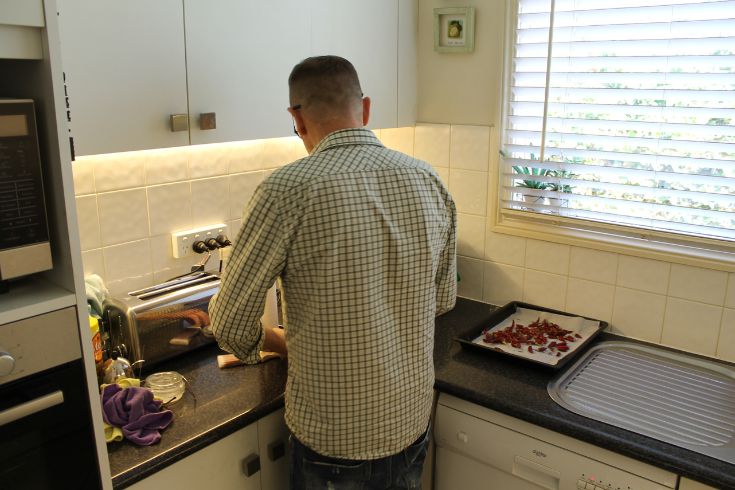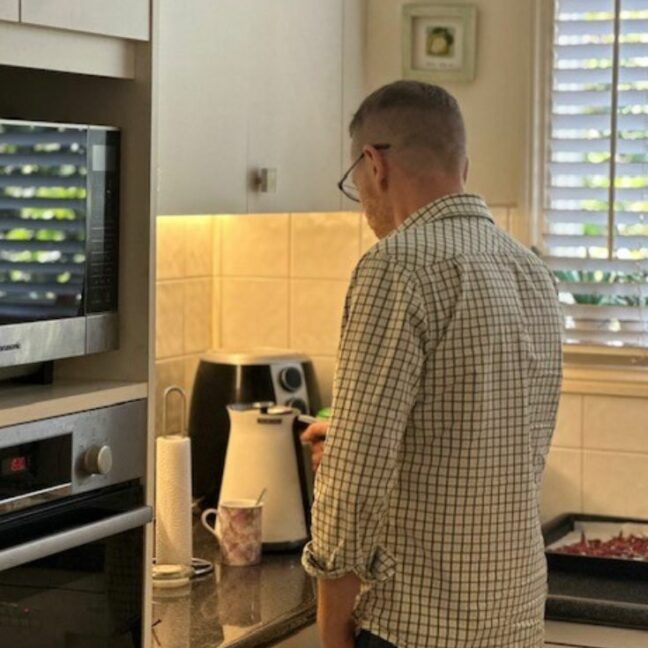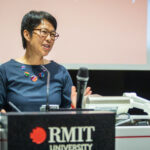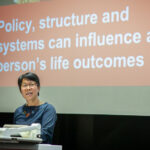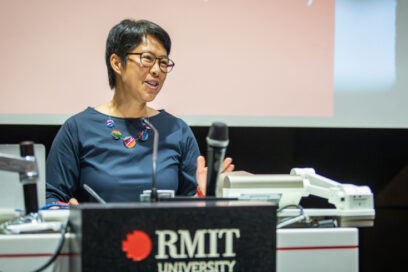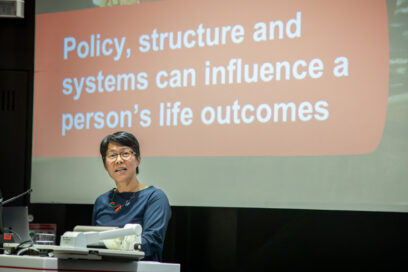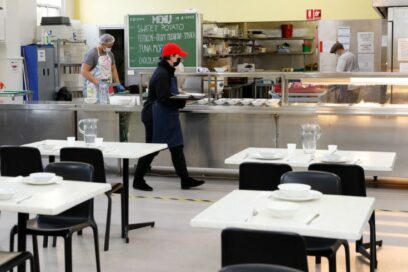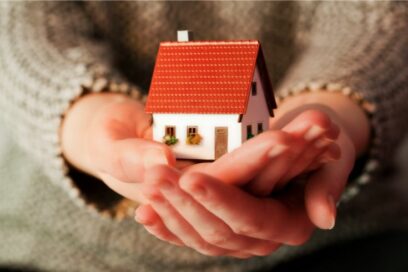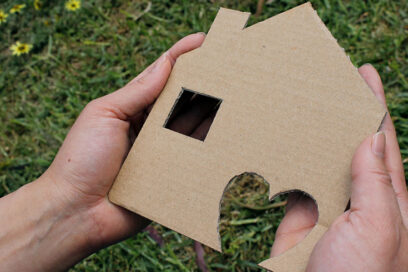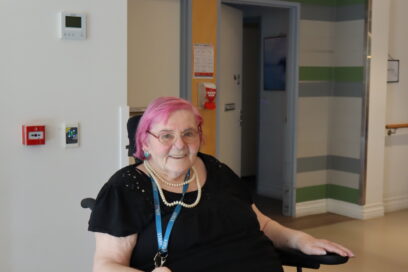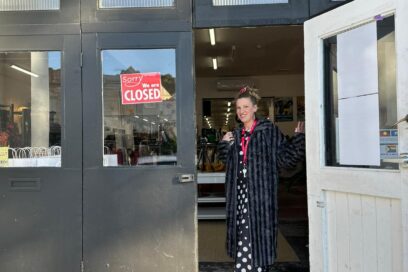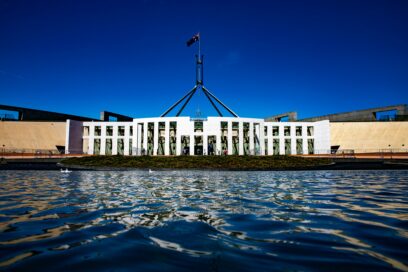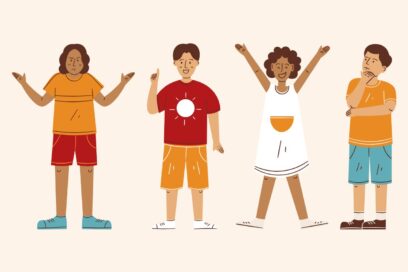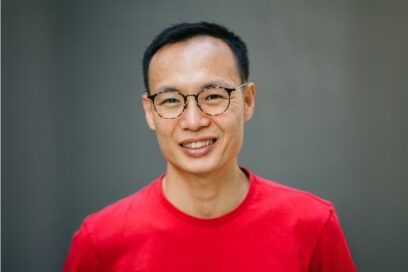Luke has lived with chronic pain for the last 27 years, which escalated after a home invasion and shoulder reconstructions. It is a form of invisible disability – Complex Regional Pain Syndrome (CRPS), a neurological condition that can develop after a severe injury but is not well understood and often involves abnormal inflammation and nerve dysfunction.
If not diagnosed promptly, CRPS can lead to lifelong chronic pain, numbness and sensitivity and severely impact mental and physical health and wellbeing but preventing the ability to focus and even undertake basic daily tasks.
Luke is aware he developed CRPS from a workplace injury many years ago that was improperly diagnosed, and his workplace failed to take responsibility for their role in his injury and he did not receive WorkCover and this has contributed to the challenges he has experienced since.
It took many years for him to be able to access the appropriate medication to treat his condition and experiencing homelessness at the height of his pain contributed to breakdowns in his mental health.
“The pain was right through my whole entire body at the time. So literally I was burning up from the inside out, just bent over screaming my lungs out for the days, I thought that was it.”
Luke considers himself lucky to be under the care of a specialist who now bulk bills him for appointments, as these were completely unaffordable for him while receiving the Jobseeker payment, alongside paying $70 for medication per week that was not only unaffordable but also ineffective – the 40 tablets per day made him feel like a zombie, and he could not communicate or participate in society.
“I empowered myself and researched my condition and worked with the pain specialist to get the right medication that was newer and that has made a big difference.”
Gaining access to the Disability Support Pension (DSP) was a turning point for Luke, as he could then focus on getting well with a little bit more income to support him.
“Once I had enough money to live, eat and afford my medication, I turned a corner.”


